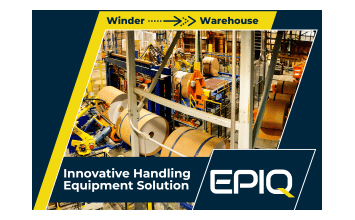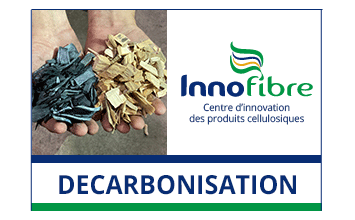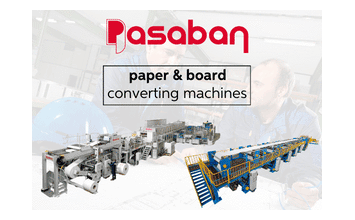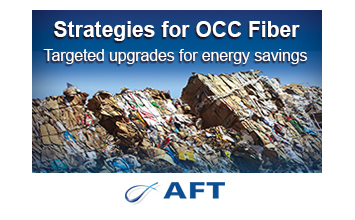Did you know that by using forest products, you’re participating in the circular economy?
In a circular economy, natural, renewable resources are transformed sustainably and efficiently, extending their value and reducing waste. As industries adopt this approach, our economy becomes more efficient, more competitive and more sustainable.
The forest products industry is at the forefront of the shift toward a circular economy. It starts with our primary input: wood fiber, which is a renewable, natural resource. We harvest trees for lumber, and transform the rest of the tree into useful products. Our processes are highly efficient, designed to minimize waste and carbon emissions. By investing in innovation, we continuously find ways to operate even more efficiently, and develop new uses for fiber. And since wood products store carbon long term, and paper products are recyclable, wood is a resource that keeps on giving.
In this mini blog series, we’re focusing on three ways Resolute is contributing to the circular economy. Last week, we discussed integration. The focus this week is on innovation. Next, we’ll discuss the relationship between the circular economy and our climate objectives. We hope this mini blog series brings the concept of circular economy to life for you!
Innovation
Last week, we discussed the important role integration plays in the circular economy. Another way Resolute contributes to the circular economy is by investing in innovative technologies and processes. Innovation applies to all aspects of our company and our business practices – from the forest through the manufacturing process and across the supply chain. We are exploring new uses for wood fiber, improving our overall efficiency, and supporting research and development through strategic partnerships.
Wood is an abundant and renewable resource. The byproduct of the lumber production process – wood chips – becomes pulp and paper. But what about the rest of the tree? Today’s forest products industry is getting more out of each tree than ever before; virtually nothing is wasted. Let’s look at a few innovative projects at Resolute.
Lignin. Lignin is a basic element of wood – the “glue” that holds trees together. Thanks to the thermomechanical-pulp biorefining (TMP-Bio) process – lignins and cellulosic sugars can be extracted from wood for integration into a wide range of products, from adhesives to animal feed. In 2018, Resolute joined forces with FPInnovations to build a TMP biorefinery at our Thunder Bay (Ontario) pulp and paper mill. The facility is responding to a growing demand for bioproducts as an alternative to fossil fuel-based materials.
Cellulose filaments. Cellulose filaments are a biomaterial derived from wood fiber. They can be integrated into a wide variety of commercial or consumer products from many industries, including transportation, construction and energy, increasing the resistance and durability of those products. Resolute is building a facility specializing in the production of cellulose filaments at our Kénogami (Quebec) paper mill. The product will be marketed with the help of Performance BioFilaments Inc., a joint venture established in 2014 by Resolute and Mercer International Inc. to develop non-traditional applications for cellulose filaments.
Biomass. Biomass is plant material that can be used as fuel. The residues from producing lumber, pulp and paper, such as sawdust, bark and shavings are a valuable source of renewable, carbon-neutral energy. In 2020, 75% of the company’s fuel energy usage was derived from biomass! We use this energy in our own manufacturing processes, and sell some to external markets. In 2014, we inaugurated our biomass pellet plant in Thunder Bay, converting sawdust from our sawmill into wood pellets for energy generation.
Innovation begins with knowledge. We proudly support research carried out by FPInnovations, Lakehead University, Université du Québec à Chicoutimi and the Centre for Research and Innovation in the Bio-Economy (CRIBE) to explore potential avenues for sustainable development. Our support for R&D was recognized in January 2021 by Research Infosource Inc., which placed Resolute as one of Canada’s Top 100 Corporate R&D Spenders for the tenth year in a row.
Source: The Resolute Blog













